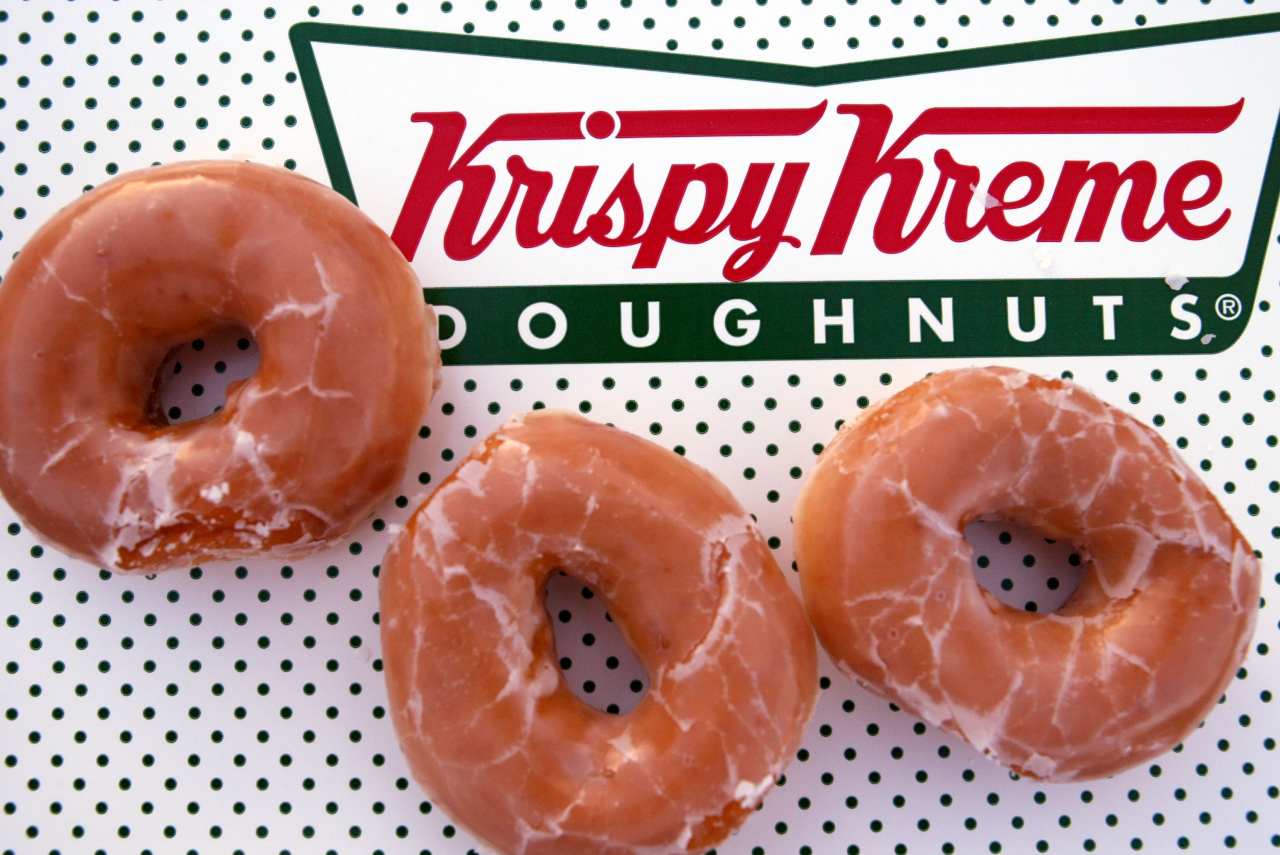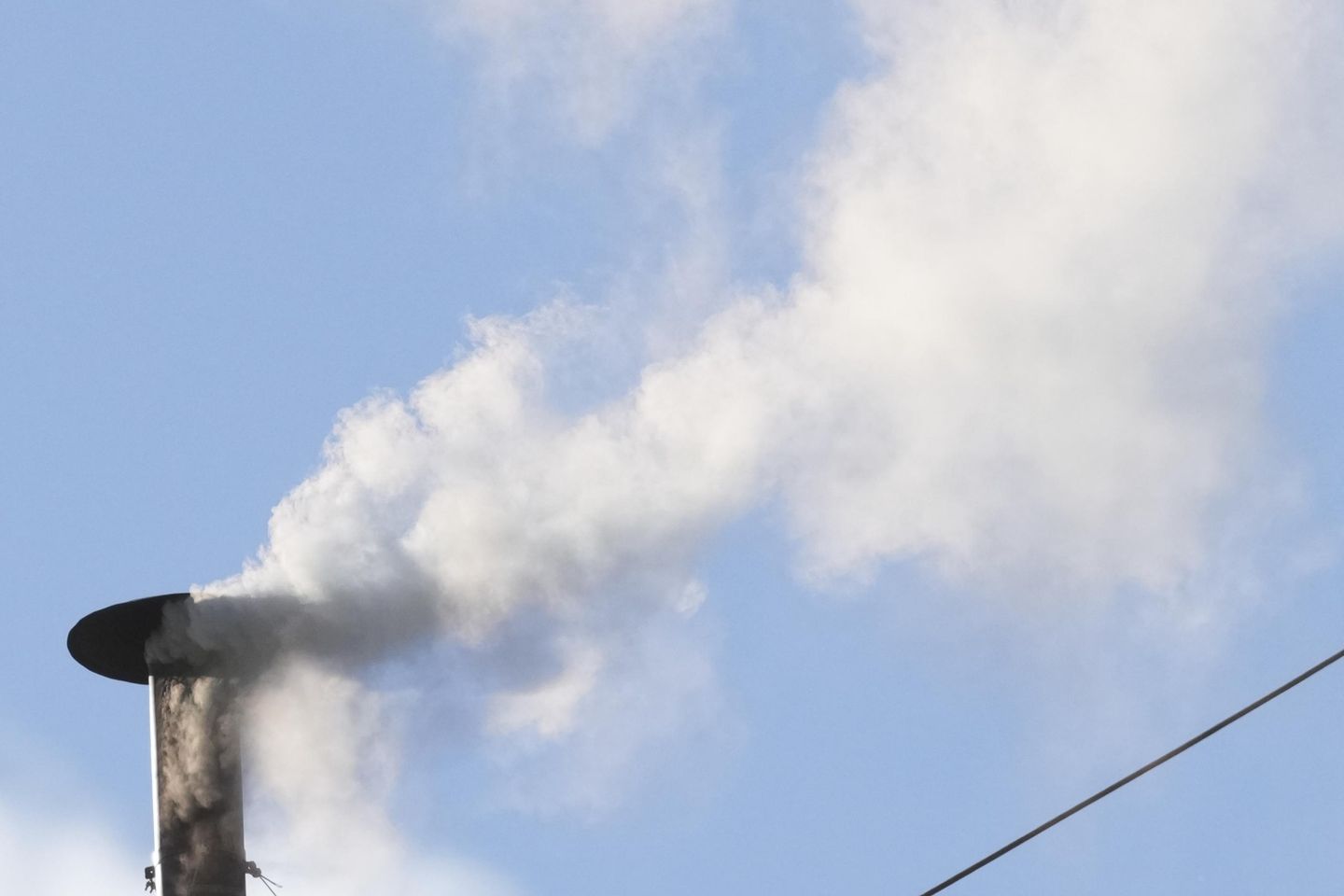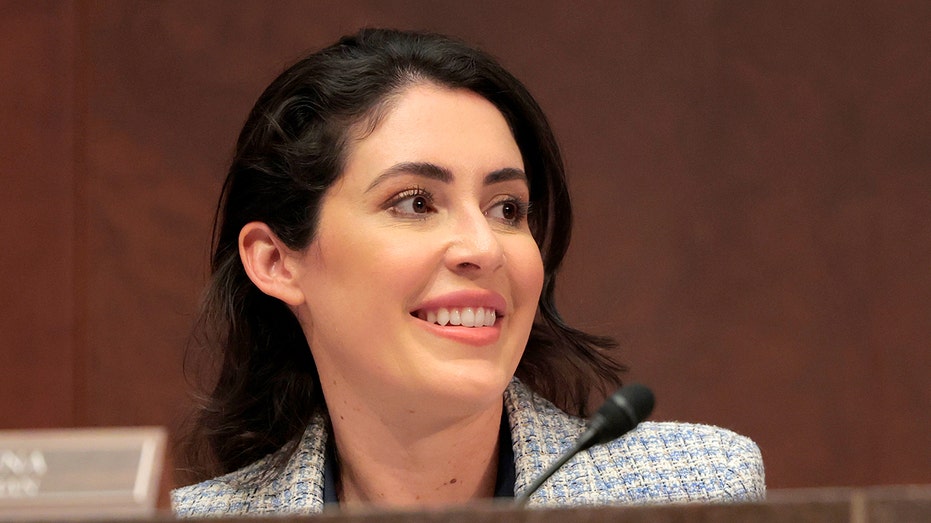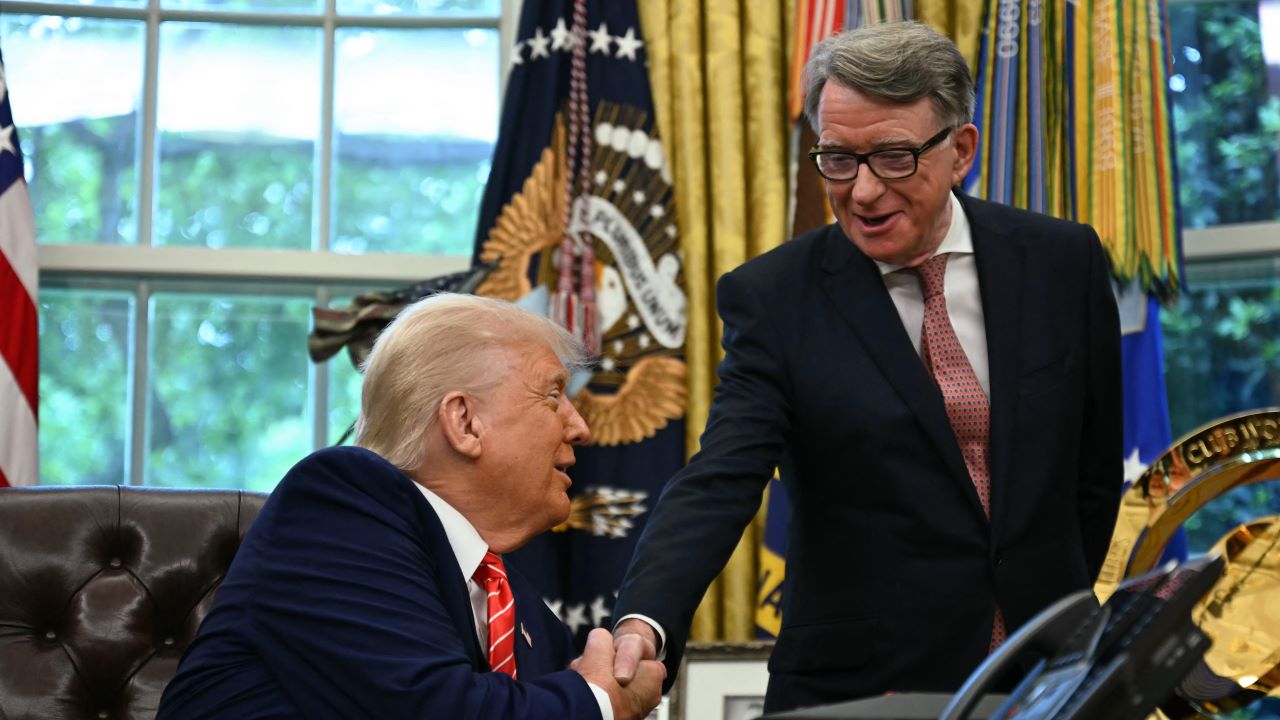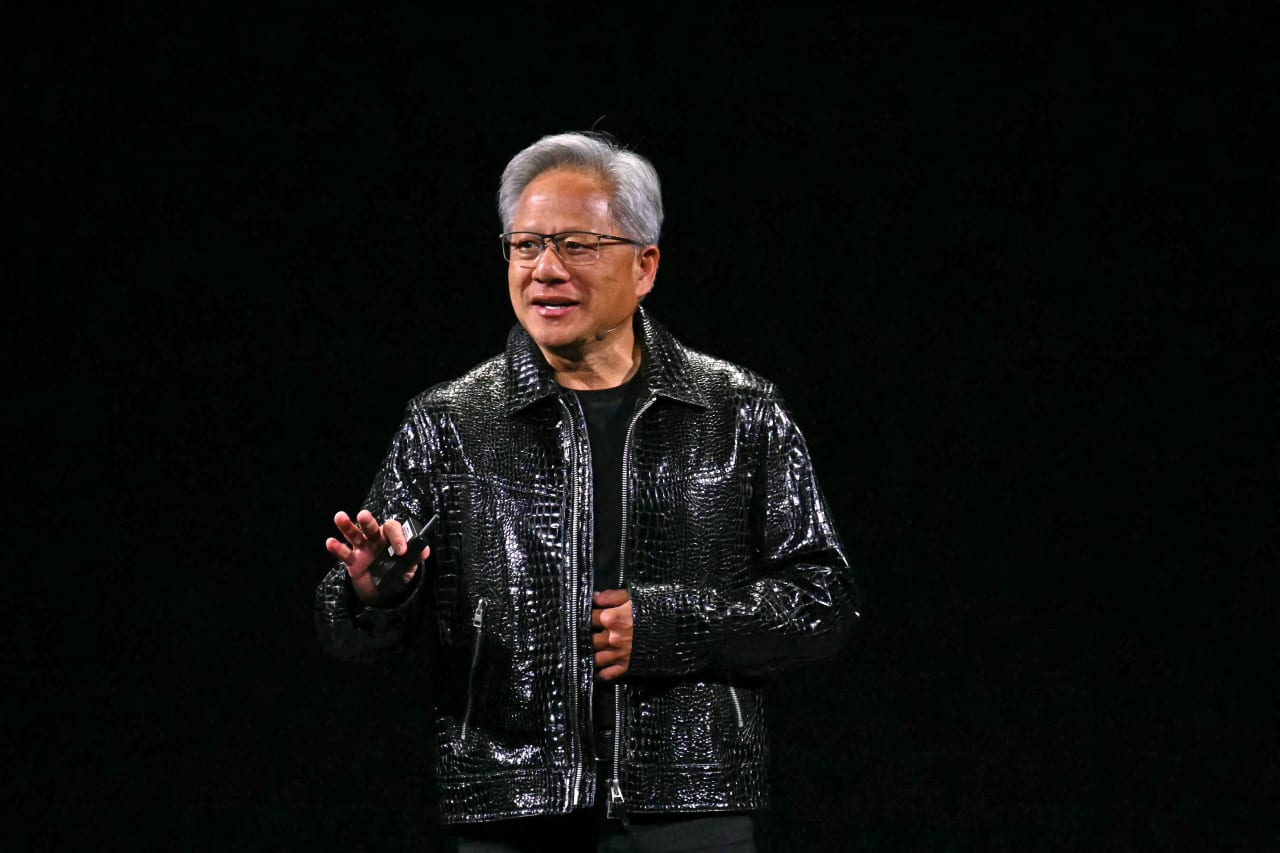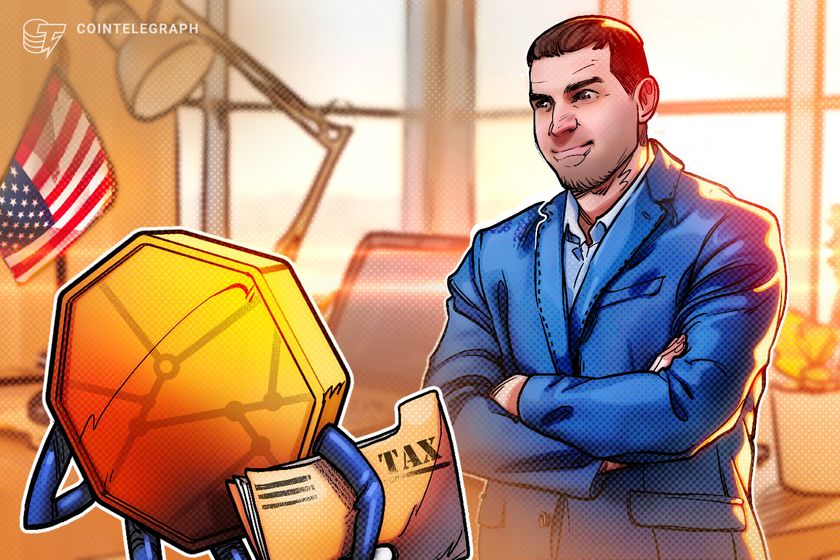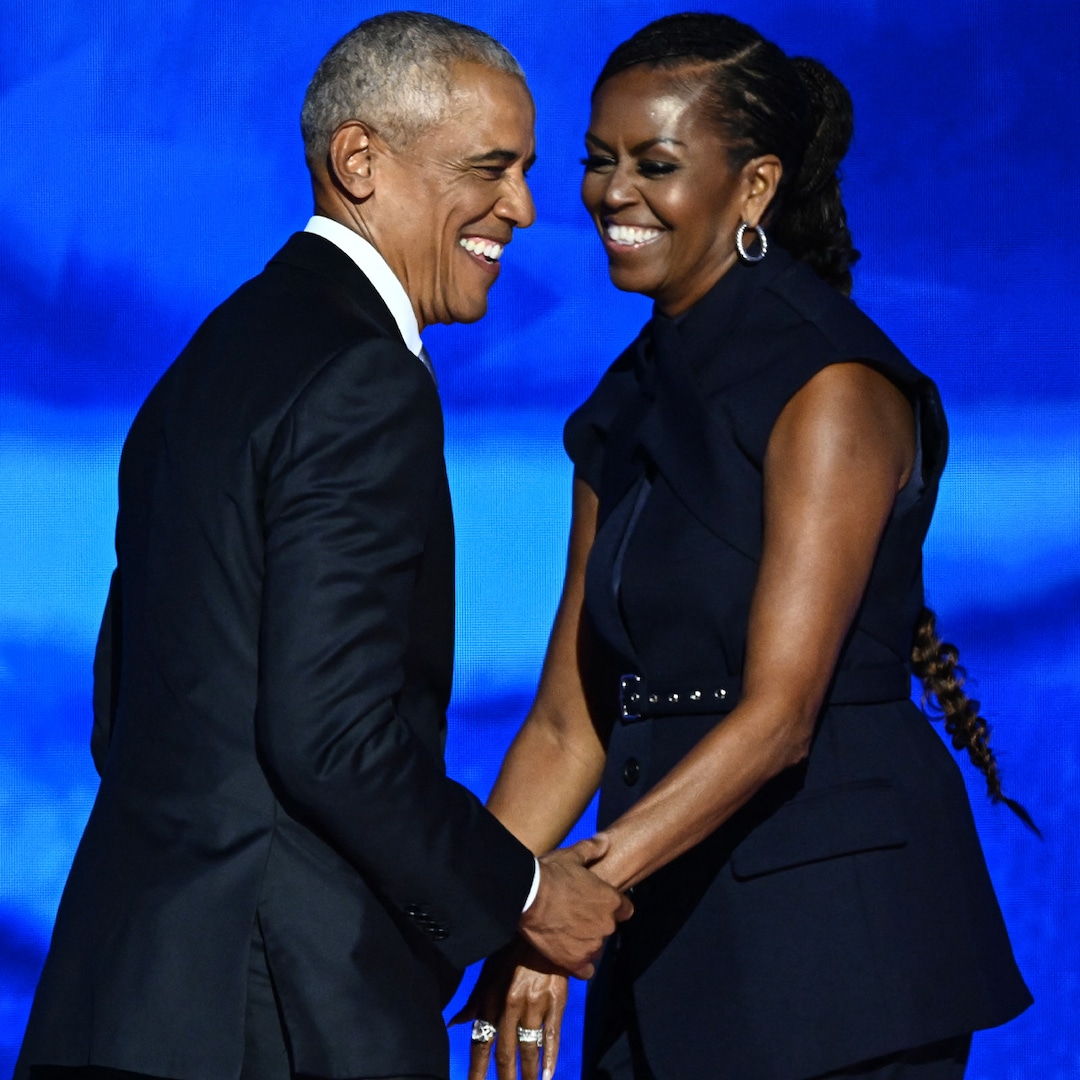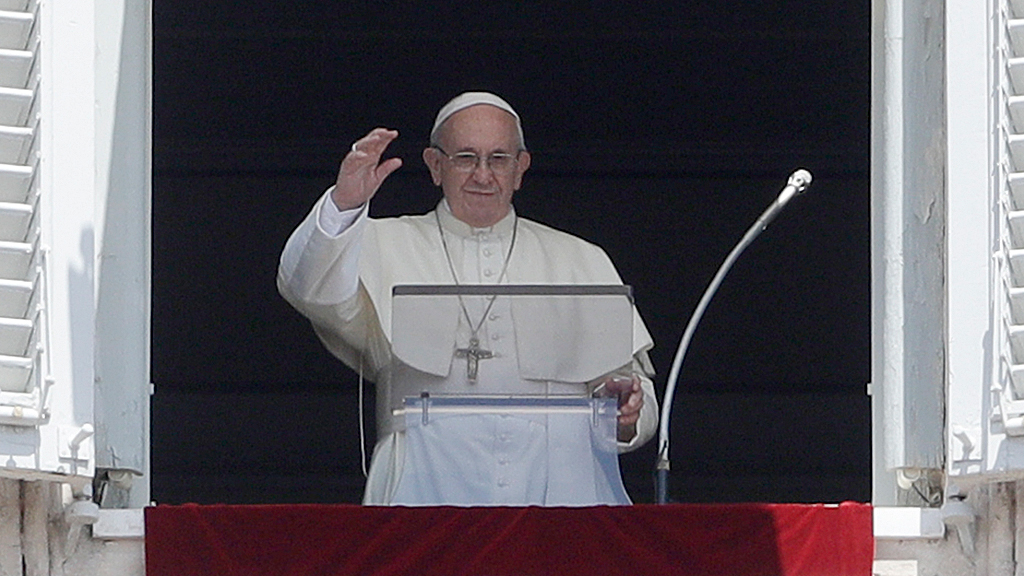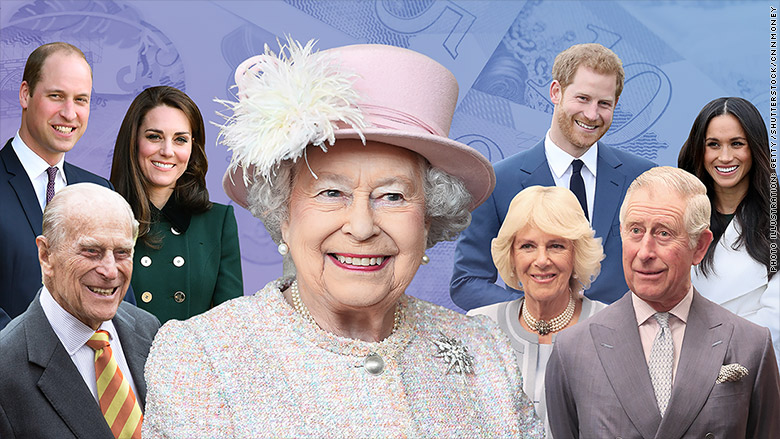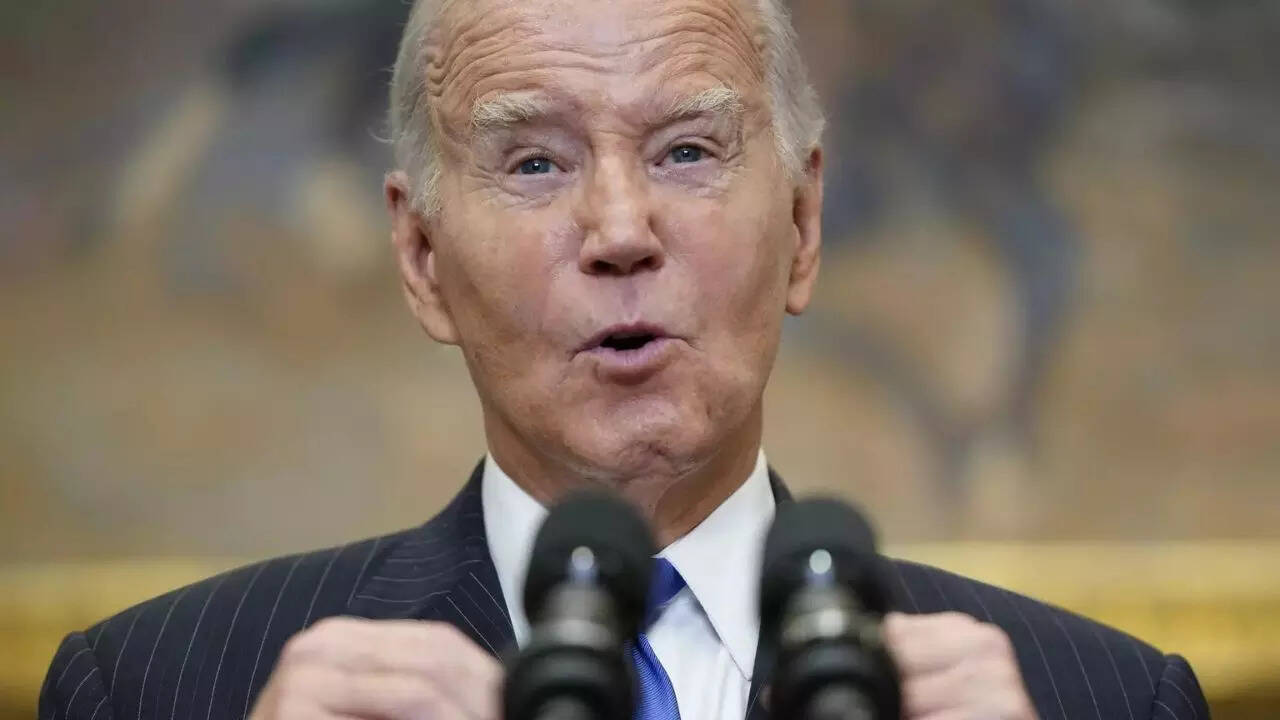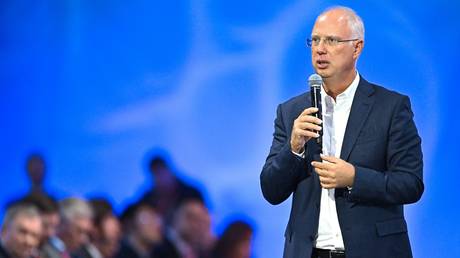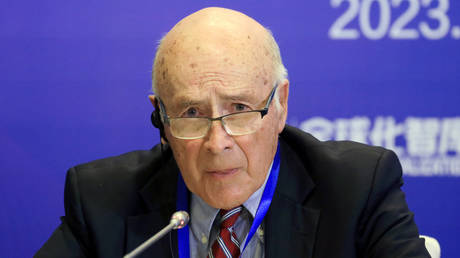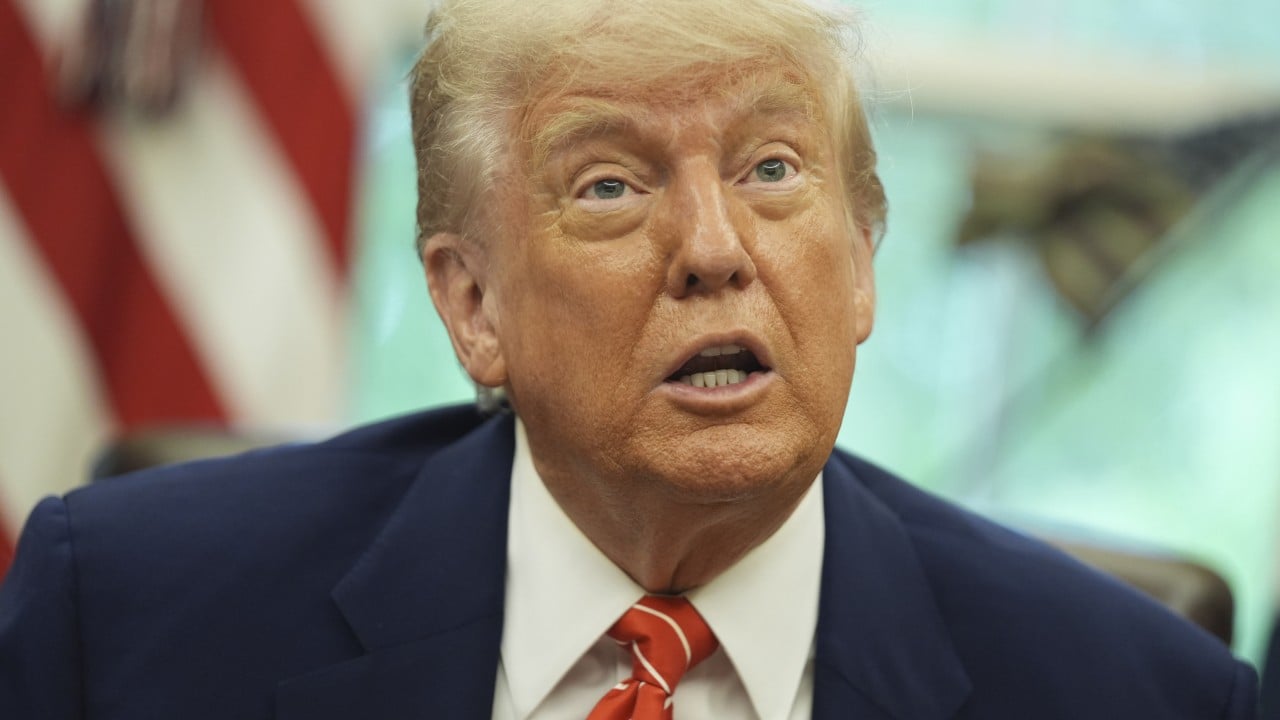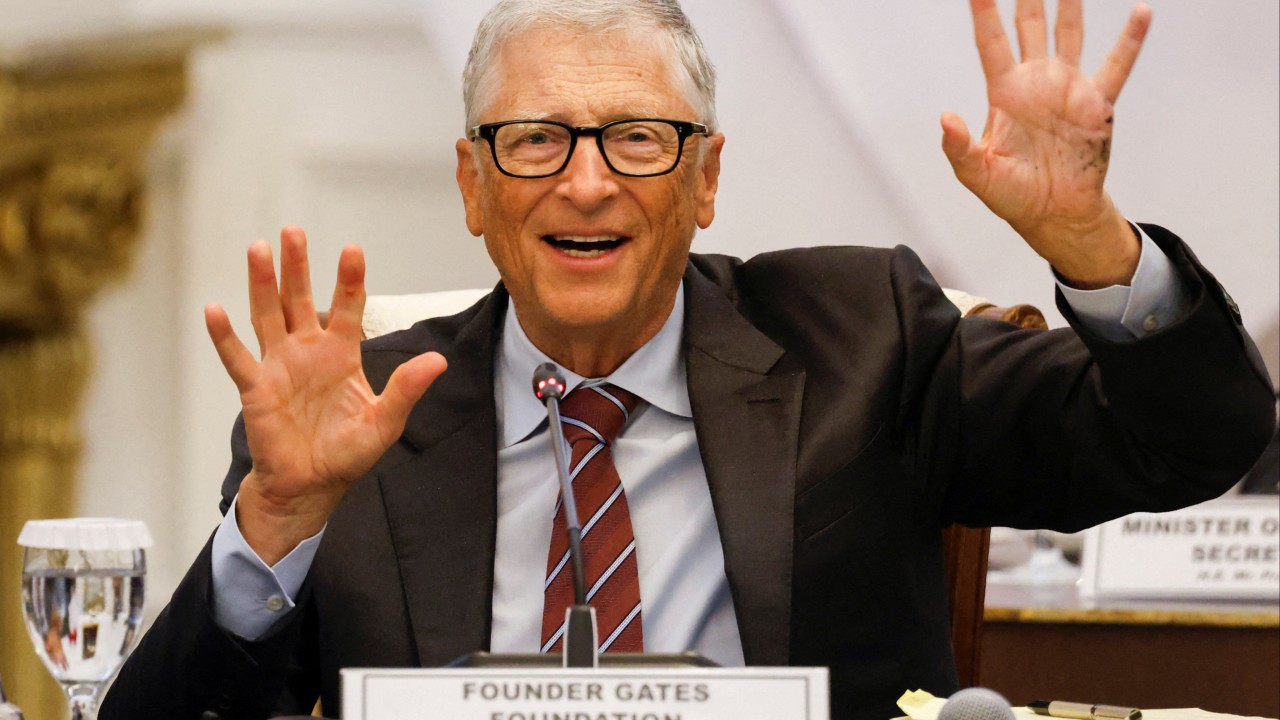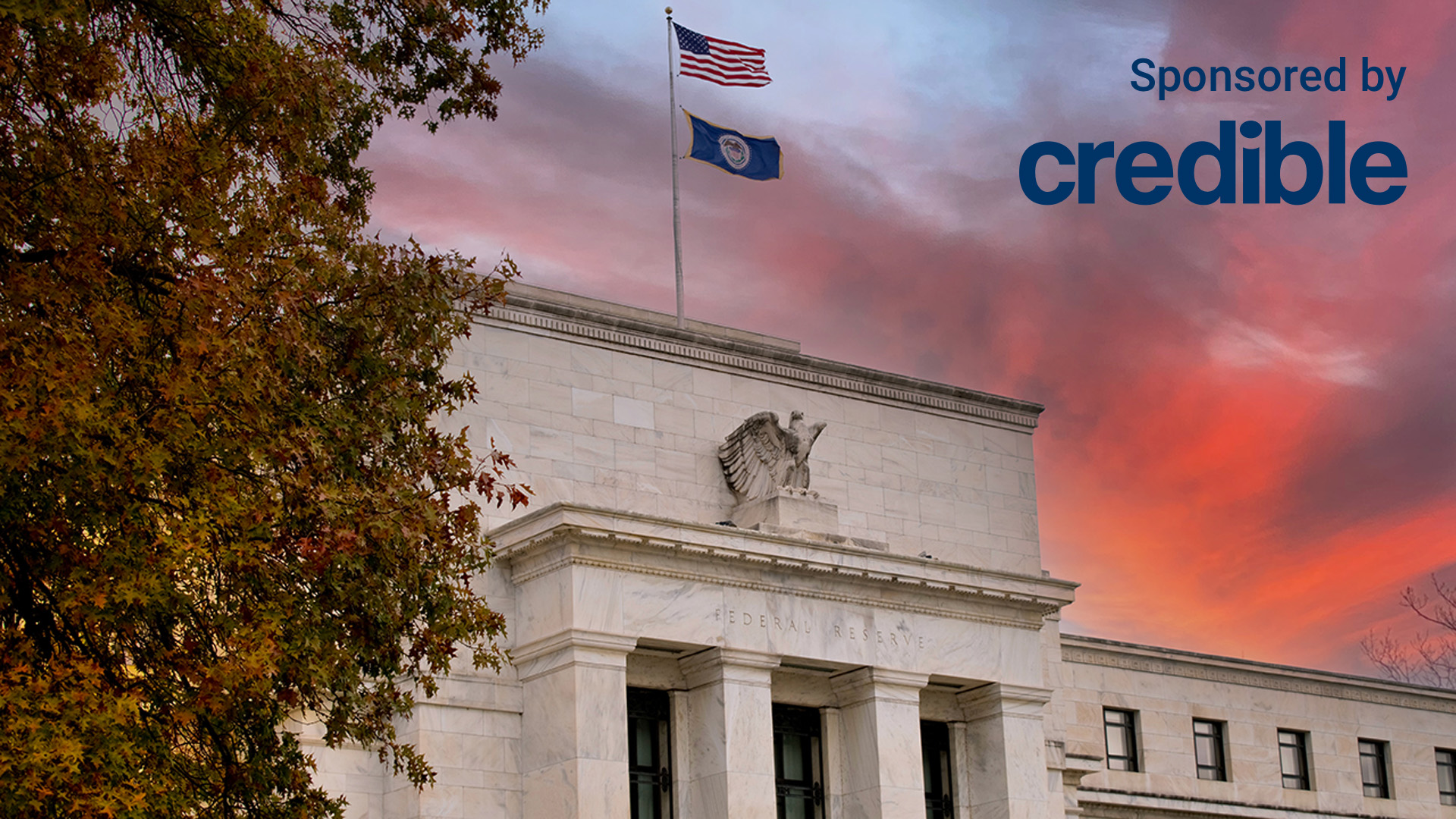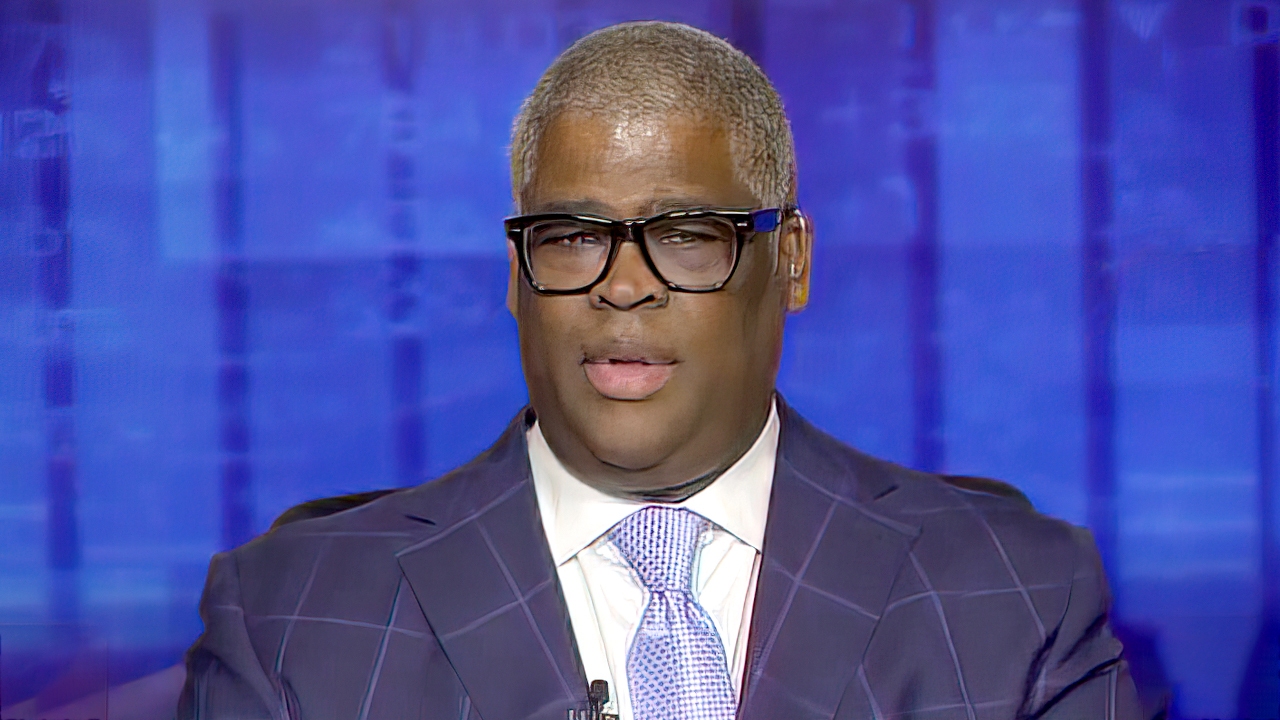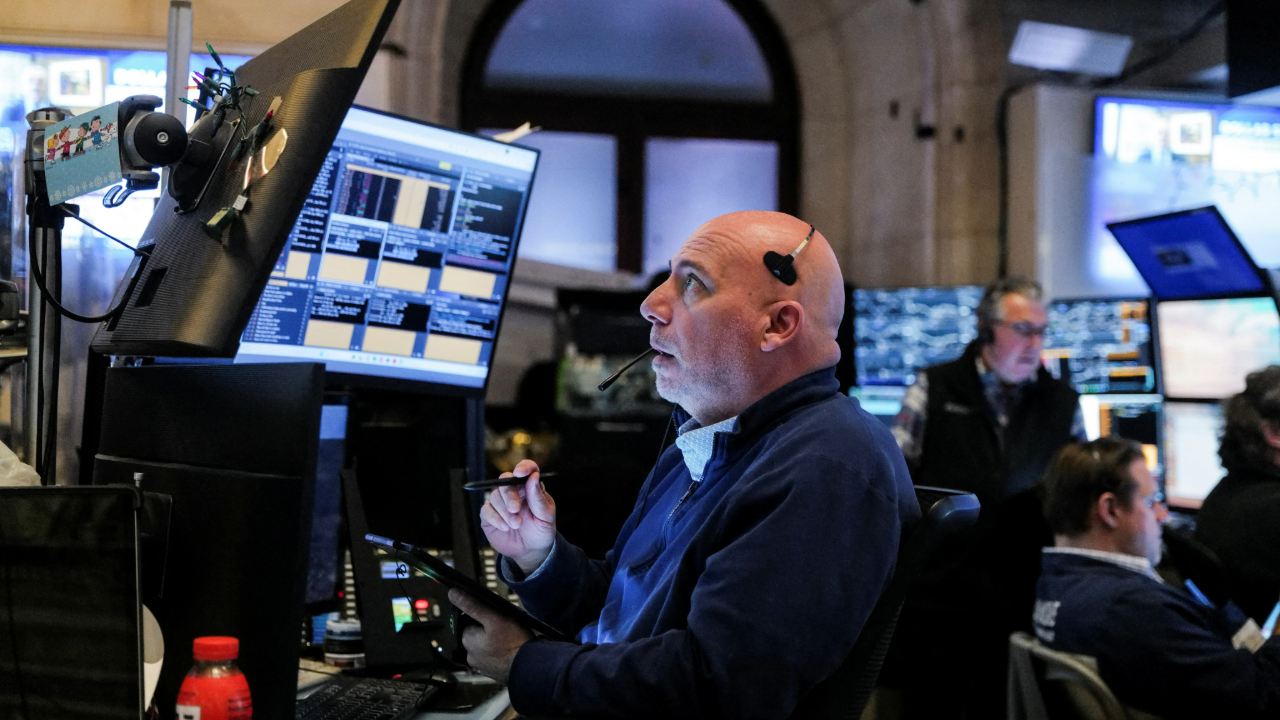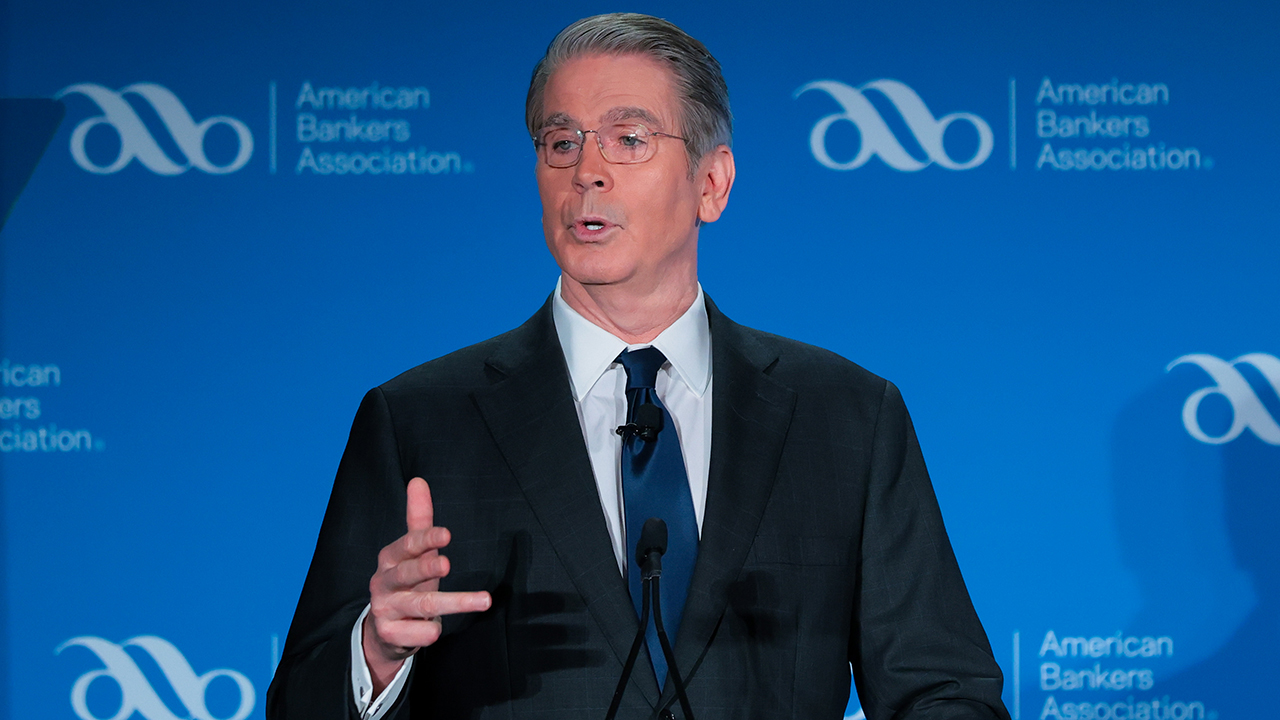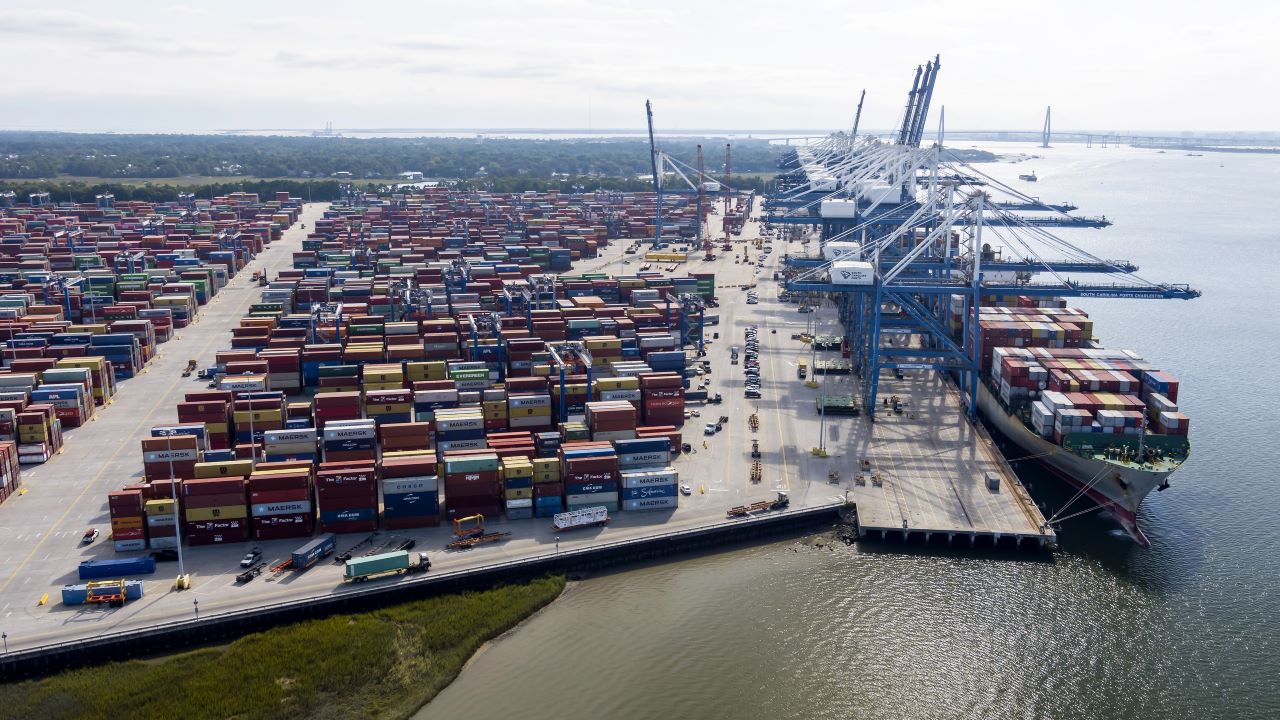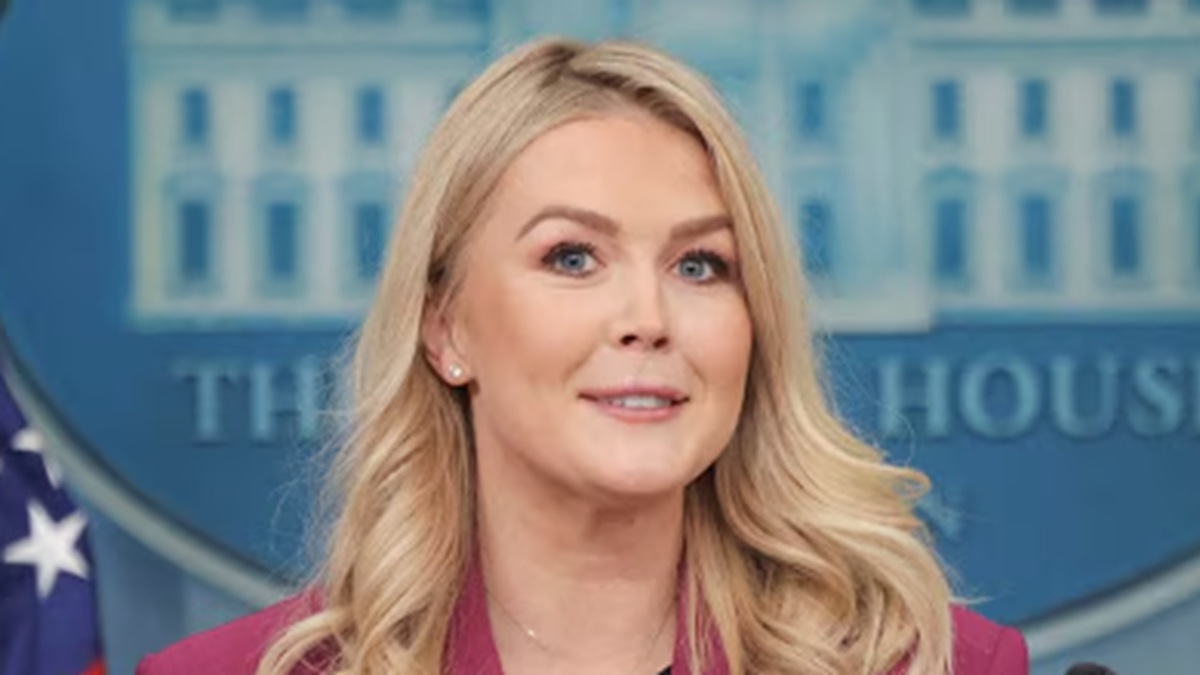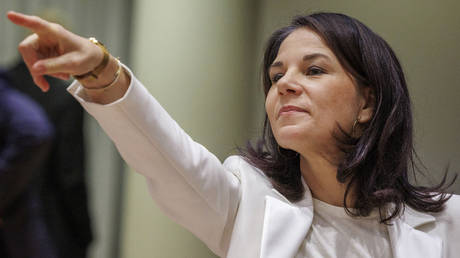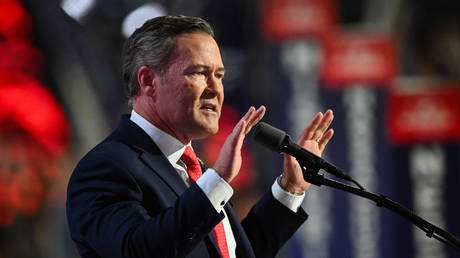Trump’s Inevitable Betrayal of His Supporters
Trump never meant to keep his promises. His voters are starting to notice.

On Sunday, Donald Trump went on TV and told Americans that their children should make do with less. “They don’t need to have 30 dolls; they can have three,” the president said on Meet the Press. “They don’t need to have 250 pencils; they can have five.” Critics were quick to point out the irony of America’s avatar of excess telling others to tighten their belt. But the problem with Trump’s remark goes beyond the optics. It’s that his argument for austerity contradicts his campaign commitments—and exposes the limits of his transactional approach to politics.
Throughout his 2024 run, the president promised Americans a return to the prosperity of his pre-COVID first term. “Starting on day one, we will end inflation and make America affordable again, to bring down the prices of all goods,” he told a Montana rally in August. “They’ll come down, and they’ll come down fast,” he declared days later in North Carolina. But at the same time, Trump also promised to impose steep tariffs on consumer goods—dubbing tariff one of “the most beautiful words I’ve ever heard”—even though the levies would effectively serve as a tax on everyday Americans.
These two pledges could not be reconciled, and once elected, Trump was forced to choose between them. The results have disillusioned many of those who voted for him. Trump’s approval on the economy has plunged since he announced his “Liberation Day.” A former strength has become a weakness. “If you look at his economic net approval rating in his first term, it was consistently above water,” the CNN analyst Harry Enten noted last month. “It was one of his best issues, and now it’s one of his worst issues.”
Trump does not face this problem on just the economy. On issue after issue, whether domestic policy or foreign affairs, the president made incompatible assurances to rival camps on the campaign trail—to business bigwigs and working-class factory hands, anti-war isolationists and anti-Iran hawks. Now that Trump is in office, the bill for these guarantees is coming due, and he is making decisions that will inevitably alienate one of his constituencies. Some of the supporters who are not getting what they were promised are beginning to feel ripped off, putting the coalition that propelled Trump to his narrow popular-vote victory in jeopardy.
[Read: Trump doesn’t believe in anything. That’s why he wins.]
Take the tariffs and the tech titans. Amazon CEO Jeff Bezos has done much to ingratiate himself with Trump. He donated $1 million to the president’s inauguration fund and attended the event in person. He overhauled The Washington Post ostensibly to appeal more to conservatives and reportedly paid $40 million to license and distribute a streaming documentary about the first lady, Melania Trump. None of that insulated Amazon’s business when Trump’s tariffs arrived. Faced with rising prices on many of its products, the company toyed with displaying a surcharge on some items affected by Trump’s policy, but folded when the White House objected.
Bezos may have tiptoed toward dissent, but Elon Musk has been much less restrained. As head of the Department of Government Efficiency, the entrepreneur previously worked seamlessly alongside Trump. But last month, he publicly unloaded on Peter Navarro, the architect of the president’s tariff plan, calling him a “moron” and “dumber than a sack of rocks” after Navarro defended imposing Trump’s penalties on Tesla, Musk’s electric-car company. On X, Musk also posted a functionally anti-tariff video, in which the economist Milton Friedman explains how international trade makes producing a single pencil possible.
Other pro-Trump sectors have experienced similar whiplash. In 2024, oil and gas interests gave an estimate of more than $75 million to elect Trump. In his stump speech as a candidate, Trump promised to end what he called “the Biden-Harris war on American energy,” and led crowds in chants of “Drill, baby, drill.” But the tariffs Trump has imposed as president have crippled the industry by hiking costs of components while cratering the price of oil amid an anticipated economic downturn.
In other words, by pursuing populist protectionism over free trade, Trump has already betrayed some of his most powerful backers. Few will be sympathetic to the travails of the CEOs, but their workers and customers are also footing the bill for Trump’s economic self-sabotage, and many of them voted for Trump believing he would lower prices, not raise them. Given that Trump regained the White House with the smallest electoral margin since Nixon in 1968, these are supporters he and his party can ill afford to lose.
Trump is trapped in the same web of his own making when it comes to international affairs. On the campaign trail, the president promised “a stop to the endless wars and a return to peace in the Middle East,” attracting disaffected Arab and Muslim voters in swing states such as Michigan. But he also told pro-Israel voters that “you have a big protector in me,” accused Kamala Harris of “pandering” to Hamas supporters, and pledged, in the words of the Republican party platform, to “DEPORT PRO-HAMAS RADICALS AND MAKE OUR COLLEGE CAMPUSES SAFE AND PATRIOTIC AGAIN.”
Much as he was compelled to choose between tariffs and trade, Trump has had to choose between these two diametrically opposed positions since entering office. He helped broker a token cease-fire in Gaza, but then allowed it to expire, all while removing Joe Biden’s sanctions on violent Israeli settlers and restrictions on arms shipments to Israel. The president also proposed emptying Gaza of Palestinians and turning the land into an American-run resort, and began revoking the visas and green cards of pro-Palestinian foreign nationals.
Unsurprisingly, many of Trump’s Gaza war voters have noticed that they’ve been stiffed. Days before the November election, Trump visited Dearborn, Michigan, where he vowed to establish “peace in the Middle East.” He was greeted there by Faye Nemer, the head of the Middle East and North African American Chamber of Commerce and an unapologetic supporter. She has since labeled his Middle East positions “extremely concerning to the community,” and she’s not alone. “Obviously we’re completely opposed to the idea of the transfer of Palestinians from anywhere in Historic Palestine,” Bishara Bahbah, the chairman of Arab Americans for Trump, told the Associated Press in February, in response to the president’s Gaz-a-Lago proposal. The group has now rebranded itself as “Arab Americans for Peace.”
Even as Trump has lost pro-Palestinian and dovish voters, he has been stoking concern among more hawkish ones. Over the past month, the president has moved toward a new nuclear deal with Iran that is reportedly similar to the one brokered by Barack Obama, which Trump discarded in 2018. The president and his team have sent contradictory signals about their intentions on Iran, but the reality is that whichever way Trump goes on the subject—whether for war or peace—he will upset a key constituency. Some circles cannot be squared.
These disappointments were entirely predictable. Because Trump lacks many core convictions, voters from entirely opposite backgrounds convinced themselves that he would act in their interest as president—and he was happy to indulge their fantasies in exchange for their support by teasing tantalizing prizes to people across divides. But Trump’s transactionalism has limits, because even presidents who have few beliefs still need to act, and those actions have consequences for the world and for the politician’s coalition.
Today, some 100 days into his second term, Trump’s approval rating stands at a historic low, imperiling his party’s chances in the midterms, as more and more of the president’s backers realize that his impossible promises were never meant to be kept.
What's Your Reaction?







